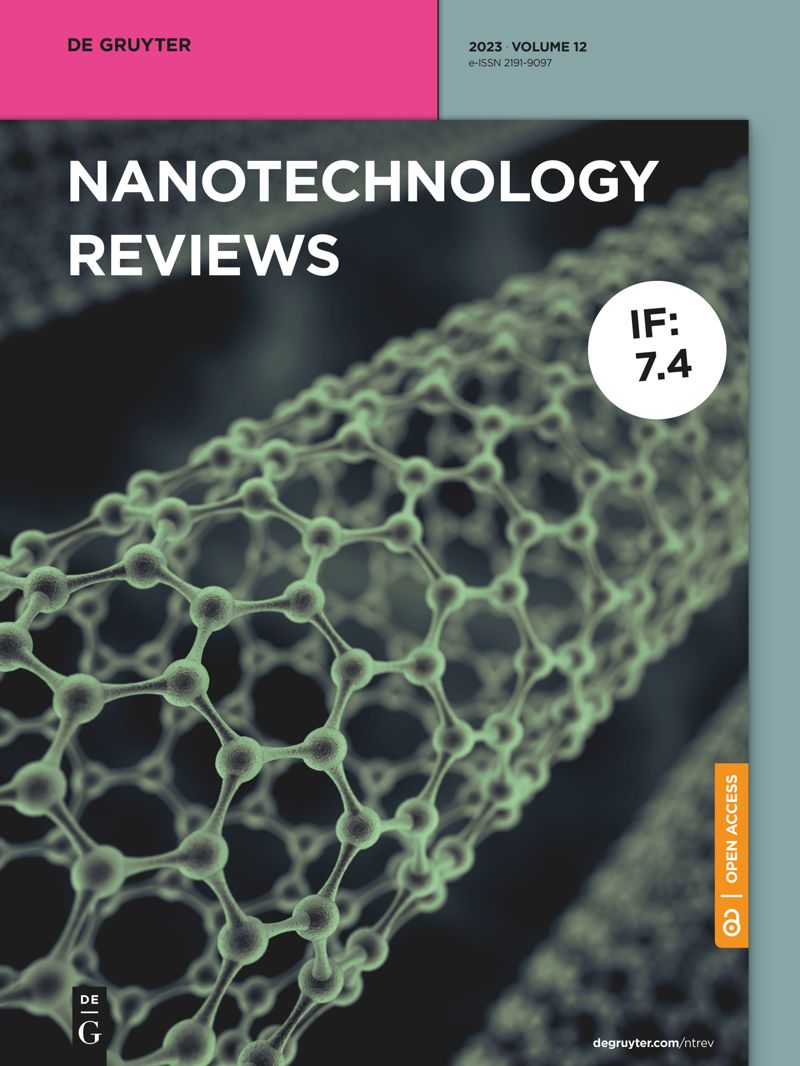Thermohydraulic performance of thermal system integrated with twisted turbulator inserts using ternary hybrid nanofluids
IF 6.1
3区 材料科学
Q1 CHEMISTRY, MULTIDISCIPLINARY
引用次数: 1
Abstract
Abstract Mono, hybrid, and ternary nanofluids were tested inside the plain and twisted-tape pipes using k-omega shear stress transport turbulence models. The Reynolds number was 5,000 ≤ Re ≤ 15,000, and thermophysical properties were calculated under the condition of 303 K. Single nanofluids (Al2O3/distilled water [DW], SiO2/DW, and ZnO/DW), hybrid nanofluids (SiO2 + Al2O3/DW, SiO2 + ZnO/DW, and ZnO + Al2O3/DW) in the mixture ratio of 80:20, and ternary nanofluids (SiO2 + Al2O3 + ZnO/DW) in the mixture ratio of 60:20:20 were estimated in different volumetric concentrations (1, 2, 3, and 4%). The twisted pipe had a higher outlet temperature than the plain pipe, while SiO2/DW had a lower T out value with 310.933 K (plain pipe) and 313.842 K (twisted pipe) at Re = 9,000. The thermal system gained better energy using ZnO/DW with 6178.060 W (plain pipe) and 8426.474 W (twisted pipe). Furthermore, using SiO2/DW at Re = 9,000, heat transfer improved by 18.017% (plain pipe) and 21.007% (twisted pipe). At Re = 900, the pressure in plain and twisted pipes employing SiO2/DW reduced by 167.114 and 166.994%, respectively. In general, the thermohydraulic performance of DW and nanofluids was superior to one. Meanwhile, with Re = 15,000, DW had a higher value of η Thermohydraulic = 1.678.基于三元混合纳米流体的扭曲湍流插片热系统热水力性能研究
摘要使用k-omega剪切应力传输湍流模型在平带管和扭曲带管内测试了单体、混合体和三元纳米流体。雷诺数为5000≤Re≤15000,在303的条件下计算了热物性 K.在不同的体积浓度(1、2、3和4%)下,估计了混合比为80:20的单一纳米流体(Al2O3/蒸馏水[DW]、SiO2/DW和ZnO/DW)、混合比为60:20:20的混合纳米流体(SiO2+Al2O3+ZnO/DW)和三元纳米流体(Si2+Al2O3+ZnO/DW)。扭曲管的出口温度高于普通管,而SiO2/DW的T out值较低,为310.933 K(平管)和313.842 Re=9000时的K(扭曲管)。热系统使用6178.060的ZnO/DW获得了更好的能量 W(平管)和8426.474 W(扭曲管)。此外,在Re=9000时使用SiO2/DW,传热改善了18.017%(平管)和21.007%(扭曲管)。在Re=900时,采用SiO2/DW的平管和扭曲管中的压力分别降低了167.114%和166.994%。总的来说,DW和纳米流体的热工水力学性能优于DW。同时,当Re=15000时,DW的ηThermohydraulic=1.678值更高。
本文章由计算机程序翻译,如有差异,请以英文原文为准。
求助全文
约1分钟内获得全文
求助全文
来源期刊

Nanotechnology Reviews
CHEMISTRY, MULTIDISCIPLINARY-NANOSCIENCE & NANOTECHNOLOGY
CiteScore
11.40
自引率
13.50%
发文量
137
审稿时长
7 weeks
期刊介绍:
The bimonthly journal Nanotechnology Reviews provides a platform for scientists and engineers of all involved disciplines to exchange important recent research on fundamental as well as applied aspects. While expert reviews provide a state of the art assessment on a specific topic, research highlight contributions present most recent and novel findings.
In addition to technical contributions, Nanotechnology Reviews publishes articles on implications of nanotechnology for society, environment, education, intellectual property, industry, and politics.
 求助内容:
求助内容: 应助结果提醒方式:
应助结果提醒方式:


